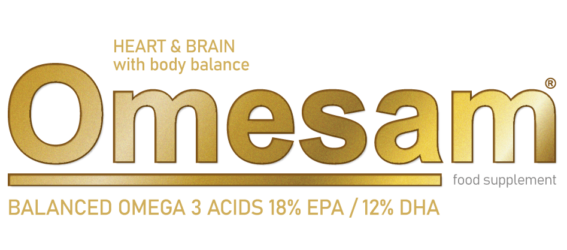EPA and DHA are omega-3 fatty acids in fish oil that are vital for normal brain function and development.
Omega-3 fatty acids are important components of highly active tissue of the brain and the nervous system. Thus, in particular, DHA is very important for the development of the brain of fetus and infants.
How Do Omega-3s Affect the Brain?
The omega-3 fatty acids EPA and DHA are critical for normal brain function and development throughout all stages of life.
EPA and DHA seem to have important roles in the developing baby’s brain. In fact, several studies have correlated pregnant women’s fish intake or fish oil use with higher scores for their children on tests of intelligence and brain function in early childhood.
These fatty acids are also vital for the maintenance of normal brain function throughout life. They are abundant in the cell membranes of brain cells, preserving cell membrane health and facilitating communication between brain cells.
In older adults, lower levels of DHA in the blood have been associated with smaller brain size, a sign of accelerated brain aging. One study gave 485 older adults with age-related cognitive decline either 900 mg of DHA or a placebo every day. After 24 weeks, those taking DHA performed better on memory and learning tests. Read abstract.
People with depression or a mild decline in brain function should consider taking omega-3s from fish oil, as they may see improvements in their symptoms and brain function.
Taking 1,000–2,000 mg of omega-3 fatty acids from fish oil per day may be a good place to start. Your daily dose should not exceed 3,000 mg.

